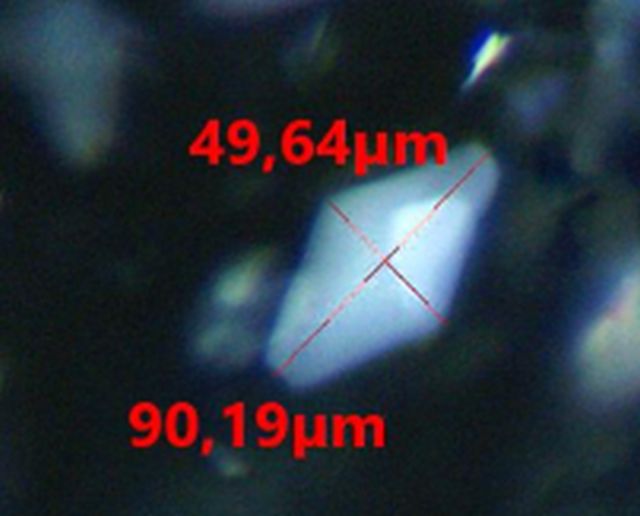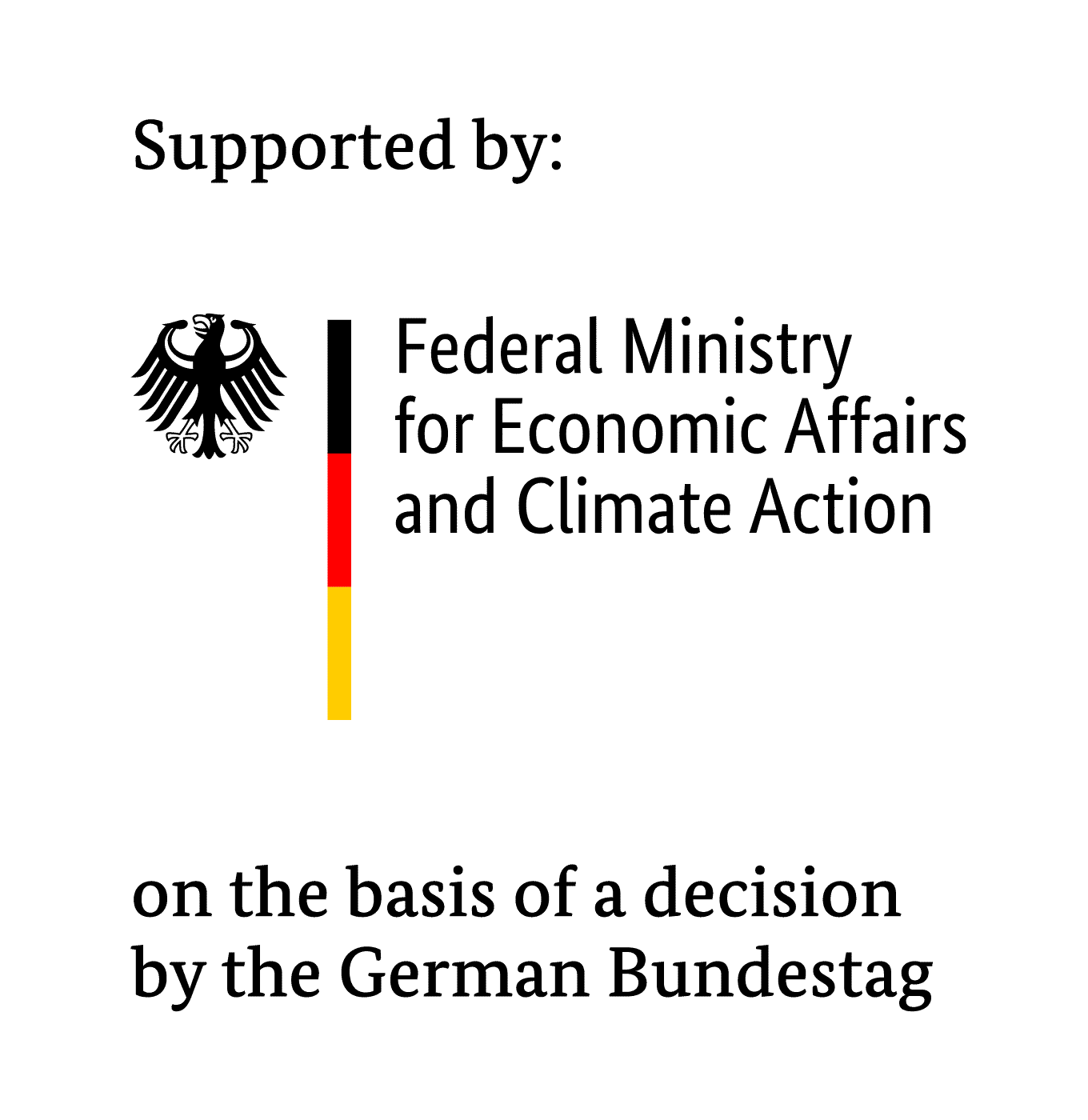Research project confirms high storage stability
06 September 2024 – Diesel fuels containing up to 30% paraffinic fuels, such as hydrogenated vegetable oil or paraffinic e-fuels, are already permitted to be dispensed at public filling stations provided they comply with the EN 590 diesel standard. A completed research project by OWI Science for Fuels gGmbH has now confirmed once again that diesel-HVO blends are considerably more stable in storage than pure diesel fuel. This is relevant for hybrid vehicles with diesel drives, for example, if they are predominantly powered by electricity, as the diesel is then stored in the vehicle tank for longer.

Kerosene crystal under a microscope. Photo: OWI
The research institute has also tested fuels made from mineral oil-based and paraffinic diesel for their suitability for use at temperatures as low as minus 15°C. At low temperatures, paraffin crystals form, which can be caught by the fuel filter when fuel is sucked in by the in-tank pump and block it. Microscopic examinations showed that long-chain paraffins form large plate-shaped crystals that can block the fuel filter. Due to the isomerization of the fuel at low temperatures, mainly small needle-shaped crystals were formed which can pass the filter without blocking it.
Therefore, the common practice of using iso-paraffins in winter is advantageous and can be further optimized by adding additives to the fuel to improve its low-temperature properties. In particular, the additive should be adapted to the structure and quantity of the paraffin crystals formed in fuels. The method used in the project to visualize and measure paraffin crystals using transmitted light microscopy with a polarization filter proved to be simple and cost-effective and placed low demands on the laboratory infrastructure. The method could therefore also be suitable for additive development, for example for evaluating crystal growth in terms of geometric shape and size.
The turbidity behavior of the fossil and paraffinic fuels also investigated was neither uniform nor systematic overall. However, it was found that in the case of the clear paraffinic fuels, visual inspections of turbidity can be an important indicator for assessing the water separation capacity of fuel blends in particular and may require further analyses of the fuel’s suitability for use.
The IGF project 21666 N of the research association DGMK German Society for Sustainable Energy Carriers, Mobility and Carbon Cycles e.V.– DGMK, Große Elbstraße 131, 22767 Hamburg, was funded through the AiF as part of the program for promoting joint industrial research (IGF) by the German Federal Ministry for Economic Affairs and Climate Action based on a German Federal Parliament resolution.






